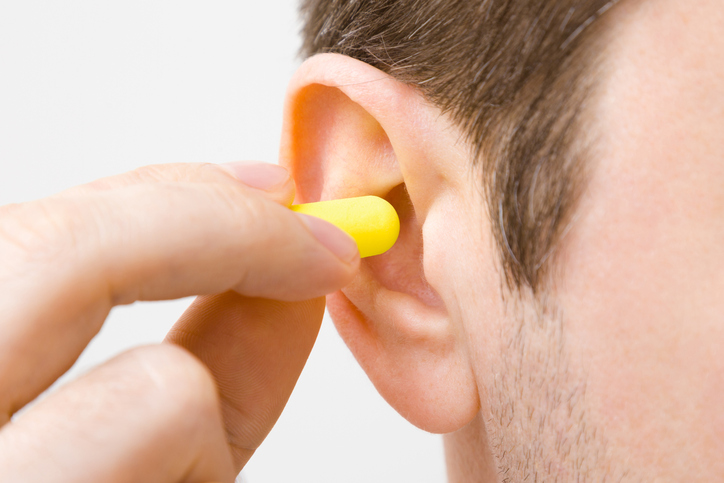What’s the Best Ear Protection?
Ear protection has become increasingly specialized, and finding the best hearing protection is a matter of where you’ll use it and what features you need. Whether you’re looking for earmuffs to mow the lawn, custom musician’s hearing protection to play in your band, or headphones with Bluetooth technology so you can communicate with coworkers onsite, we’ve got you covered.
What Happens if You Don’t Wear Hearing Protection?
Loud sounds of 85 decibels for more than 8 hours can cause permanent hearing loss. That’s actually not as loud as many people think. Even everyday noises such as a lawnmower, snowblower, or leaf blower are louder than that. And you don’t need to be around loud noise all day to cause damage. Your earbuds can emit sounds as loud as 110 decibels. If you’re exposed to loud noise part of your day, and then listen to music later, you can develop hearing loss. Construction workers can have permanent hearing loss after just one day of work.


Ear Protection and Earmuffs With Bluetooth
If you need ear protection at work to block out dangerous, loud noise but still need to communicate with others, you probably need ear protection with Bluetooth connectivity. These types of hearing protection will allow you to communicate with your coworkers without removing your earmuffs or headset. Your ears will be protected, and you’ll still be able to hear instructions, warning bells, and more. Ask us what type of hearing protection is best for your environment.
